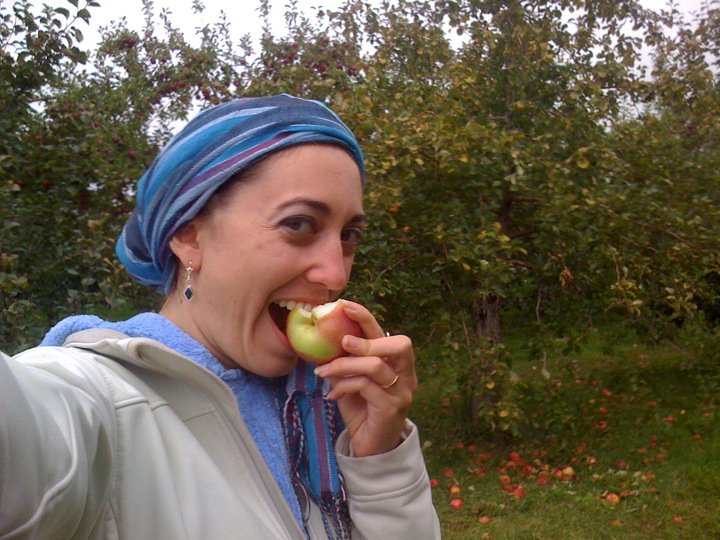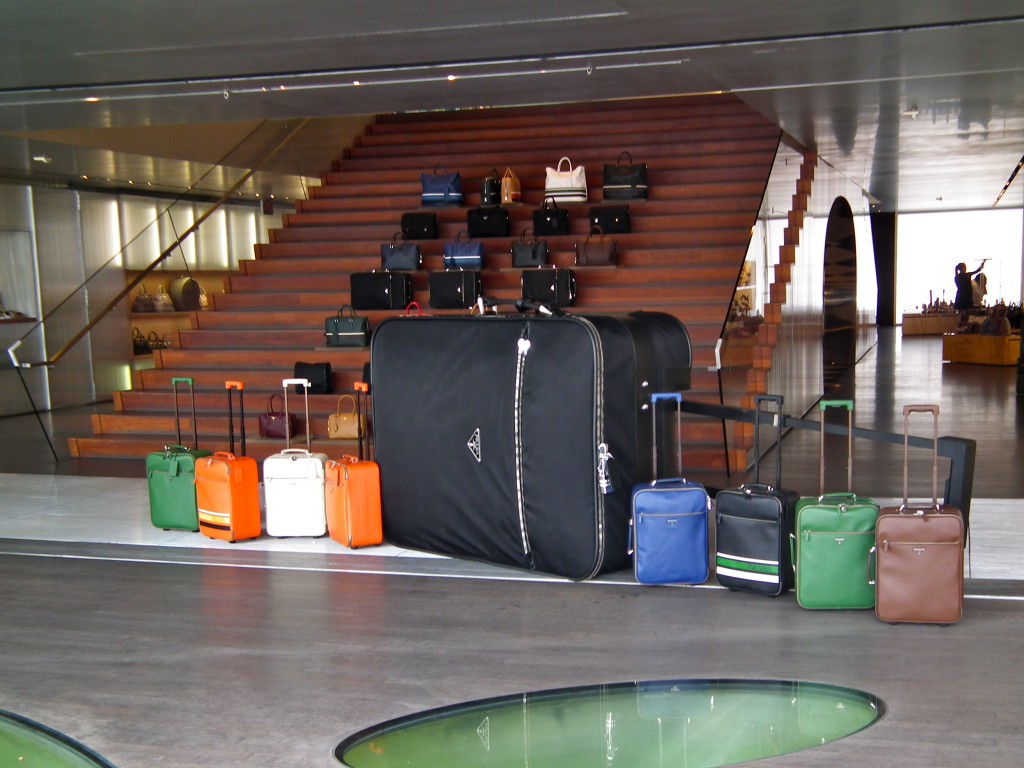Parshas Ki Seitzei: Hungry? Help Yourself!
One of my favorite things about travel is trying new foods. I love new foods and new flavors. Even though I am vegetarian, the majority of the foods out there are still available for me to taste. And even though there are some foods I have to give a miss, I can find kosher versions of so many foods that I still have a lot to try.
In fact, just thinking about certain foods makes my mouth water. Ceviche from Chile, empanadas from Argentina, masala dosa from India… I could spend all afternoon listing foods from around the world that make my mouth water.
To be fair, I am very easily persuaded by my stomach. I am like a man in that regard. I love to cook and I love to eat and the kitchen is my favorite spot when I’m at home. If I don’t eat I get grumpy. And you’d really be surprised at the amount of food I am capable of consuming. So of course food plays a major role when I travel!
About a month ago I was traveling and staying in a hostel. My parents were with me and as I went down to the kitchen to prepare myself some food, my mom came along, with Akiva in her arms. He was content and full after a nice big feed, but the moment we entered the kitchen he began to cry. My mom took him back up to the room and instantly he was quiet and happy again. One of the men in the kitchen asked me why the baby was crying and if he was hungry. “He’s not hungry,” I explained, “but he thinks he is!” I realized that my baby’s hungry cry was not because he was actually hungry – he had just had a big feed and his tummy was full – but rather because he smelled all the delicious food cooking in the kitchen. Even though a baby isn’t yet eating those foods, he tastes them in utero in the amniotic fluid and after birth in his mother’s breastmilk. He knows that they’re food and smelling them makes him hungry, just like it does for an adult.
The fact is that we might not be hungry, but as soon as we smell or see some delicious food, we want it. It’s the reason why this week’s parsha insists that we allow anyone picking in our fields to eat as much of the produce as they want. It’s not fair to put perfectly good, fresh, food in front of someone, even in their hands, and deny them the right to eat it. Babies are no different (they often get hungry and want to eat if they even smell their mother’s milk, which is why it is sometimes easier for a stranger to settle them to sleep than their own mother!) and neither are animals. Animals, too, want to have a bite to eat when they are surrounded by good food. It’s why we’re not allowed to muzzle the animals that plow our fields for us. The sages also derive from the mitzvahs in this week’s parsha that it is forbidden to put food in front of your guests but not to let them eat it. It’s cruel to put delicious food in front of someone who is hungry – then make them wait through a long speech before eating it!
When Rabbi Ben and I went apple picking a couple of years ago, we noticed that the farm allowed visitors to eat as many apples as we wanted while we picked. Maybe they were following the Torah’s law or perhaps they simply realized the truth and wisdom on their own. Either way, it made for a fun time.
So for this Shabbos… Bon apetite!
Read more on Parshas Ki Seitzei: Just the Right Amount of Compassion
Read more on Parshas Ki Seitzei: The Reward for a Good Deed is… a Good Deed!
Read More






